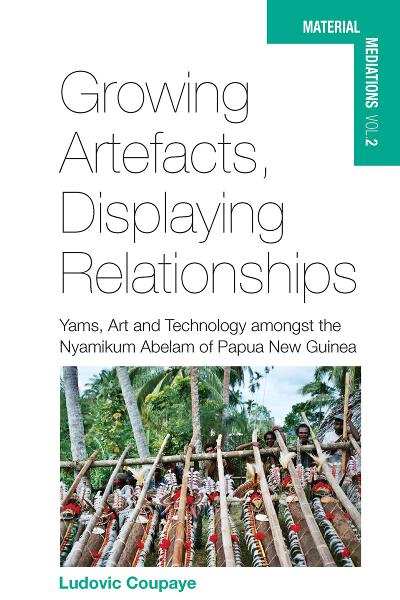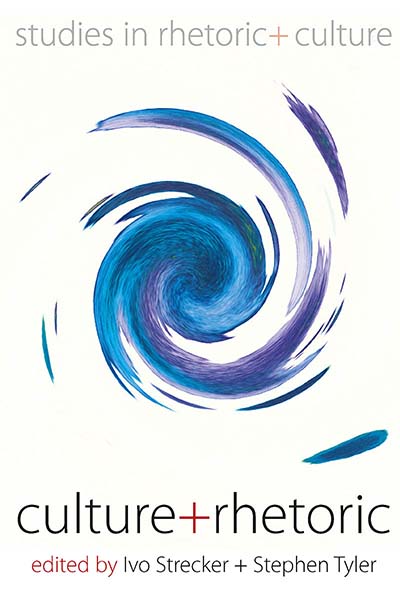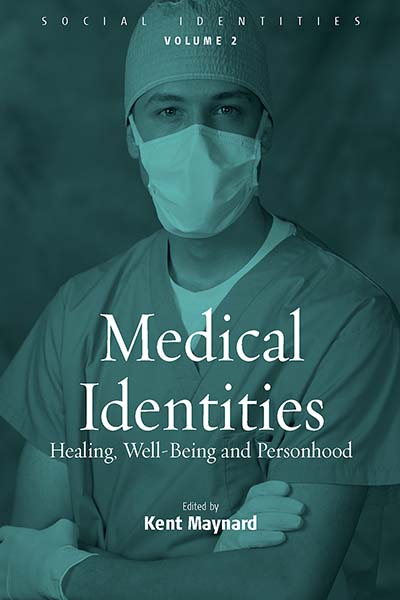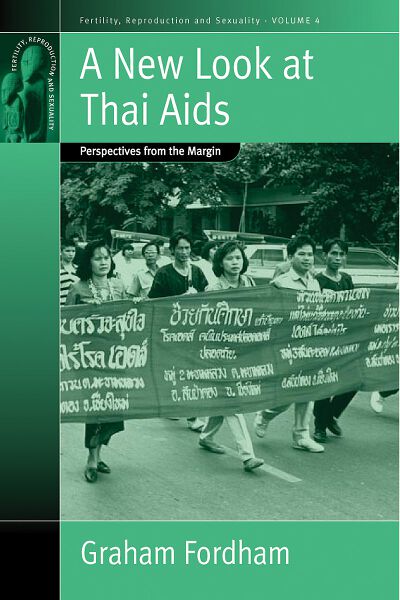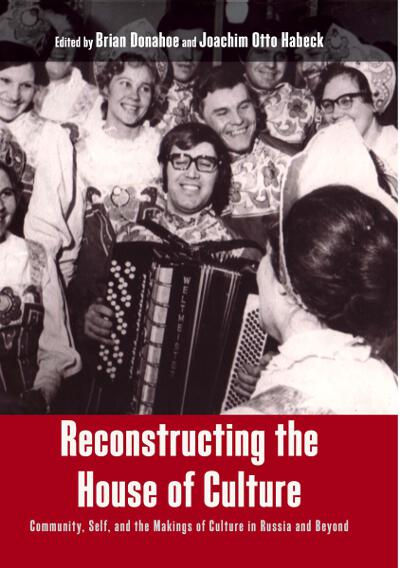
See Related
Anthropology JournalsEmail Newsletters
Sign up for our email newsletters to get customized updates on new Berghahn publications.
Reconstructing the House of Culture
Community, Self, and the Makings of Culture in Russia and Beyond
Edited by Brian Donahoe and Joachim Otto Habeck
348 pages, 30 figures and illus., bibliog., index
ISBN 978-0-85745-275-7 $135.00/£104.00 / Hb / Published (November 2011)
eISBN 978-0-85745-276-4 eBook
Reviews
“The result is an edited volume of unusual internal cohesion, which at the same time avoids repetition and uniformity…In addition to presenting a multifaceted discussion of an understudied institution, the research team members also lay out their methodology in a set of appendices. The description of the research design and lists of interview and survey questions make the book a valuable resource for courses on social research methods.” · Social Analysis
“This text fills a gap in the market regarding eh social and emotional significance of public leisure institutions in Siberia and elsewhere. Its chapters clarify issues of change and continuity in the Siberia, House of Culture paradigm, as well as explaining the international reach and resilience of these institutions.” · Journal of the Royal Anthropological Institute
“This book has a clear immediate aim that has not been covered in the anthropology of Russia—to describe and analyse the ‘House of Culture,’ a prominent institution in every Soviet town and village…[It] is a very interesting, ambitious, worthwhile and readable book.” · Caroline Humphrey, University of Cambridge
“This is a fascinating and very original book which explores cultures and cultural production in the postsocialist world. Basing their fieldwork in houses of culture (arts centres) allowed the contributors unique opportunities for understanding the recent evolution of local communities across Siberia and beyond.” · Anne White, University of Bath
Description
Notions of culture, rituals and their meanings, the workings of ideology in everyday life, public representations of tradition and ethnicity, and the social consequences of economic transition— these are critical issues in the social anthropology of Russia and other postsocialist countries. Engaged in the negotiation of all these is the House of Culture, which was the key institution for cultural activities and implementation of state cultural policies in all socialist states. The House of Culture was officially responsible for cultural enlightenment, moral edification, and personal cultivation—in short, for implementing the socialist state’s program of “bringing culture to the masses.” Surprisingly, little is known about its past and present condition. This collection of ethnographically rich accounts examines the social significance and everyday performance of Houses of Culture and how they have changed in recent decades. In the years immediately following the end of the Soviet Union, they underwent a deep economic and symbolic crisis, and many closed. Recently, however, there have been signs of a revitalization of the Houses of Culture and a re-orientation of their missions and programs. The contributions to this volume investigate the changing functions and meanings of these vital institutions for the communities that they serve.
Brian Donahoe is an independent researcher living in Kyzyl, Republic of Tyva. From 2004–2010 he was a postdoctoral research fellow at the Max Planck Institute for Social Anthropology in Halle, Germany. His research interests include the interaction between the Russian legal system and Russia’s indigenous peoples, and the dynamics of constructing, maintaining, and performing ethnic identity and indigeneity through the idioms of “culture and tradition.”
Joachim Otto Habeck is coordinator of the Siberian Studies Centre at the Max Planck Institute for Social Anthropology in Halle, Germany. He is currently investigating cultural and ethno-cultural events and organizations, popular notions of culture, and gendered spaces of work and leisure. He examines lifestyle concepts as well as how rural and urban inhabitants of Siberia see themselves and want to be seen by others.

